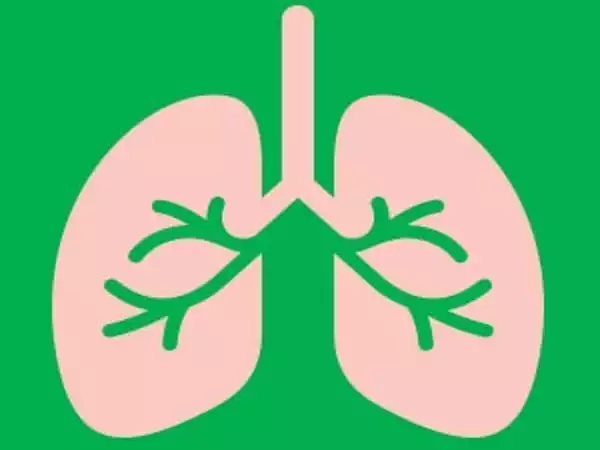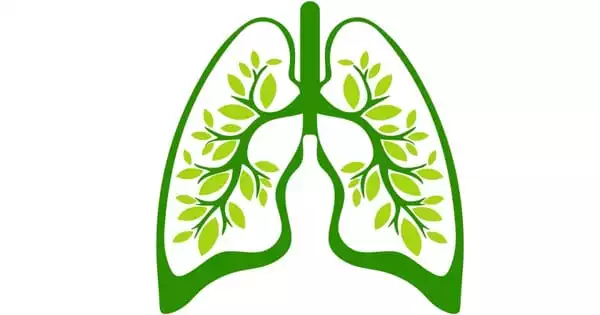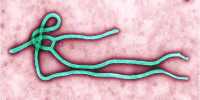Scientists demonstrate the effectiveness of ‘Ninjin’yoeito,’ a carrot-based Japanese herbal medicine, in improving muscle atrophy in the hind legs of mice exposed to cigarette smoke, positioning the medicine as a potential treatment for sarcopenia frailty-related complications of chronic obstructive pulmonary disease (COPD).
COPD is a group of diseases that includes chronic bronchitis and emphysema. COPD makes it more difficult to breathe over time. Although the lung damage cannot be reversed, medication and lifestyle changes can help manage the symptoms.
Chronic obstructive pulmonary disease (COPD) is a lung disease caused by inhaling harmful gasses such as cigarette smoke for an extended period of time. Scientists have identified muscle tissue deterioration as a secondary effect of damaged lungs. This frailty makes it difficult for people to move around and exercise, which worsens the condition of their lungs, resulting in a never-ending downward spiral in overall health.
Ninjin’yoeito is a carrot-based Japanese herbal medicine that is commonly used to help people recover from anorexia and physical weakness after illness or surgery We believe this is a useful finding, and Ninjin’yoeito may break the vicious circle of sarcopenia frailty in COPD patients. In the future, we would like to consider clinical trials.
Associate Professor Kazuhisa Asai
Exercise therapy is the only established treatment for the skeletal muscle complications of COPD; however, depending on the severity of the patient’s sarcopenia frailty, such treatment may be ineffective. This imbalance has become an urgent matter that must be addressed. Ninjin’yoeito is a carrot-based Japanese herbal medicine that is commonly used to help people recover from anorexia and physical weakness after illness or surgery. Furthermore, the medicine has been shown to improve muscle mass loss in aging mice by activating PGC-1, a protein involved in muscle function.
“Based on this, we hypothesized that Ninjin’yoeito increases PGC-1 expression in skeletal muscle and may improve muscle complications associated with COPD,” Associate Professor Kazuhisa Asai of Osaka City University Graduate School of Medicine explains. He led a research team that tested this hypothesis by incorporating Ninjin’yoeito into the diets of mice that had been exposed to cigarette smoke for 12 weeks. Their findings were published online in the International Journal of Chronic Obstructive Pulmonary Disease, an international scientific journal.

Professor Asai’s team used a microCT to measure the lower leg muscle mass of the smoke-exposed mice and discovered that it had atrophied, similar to human COPD patients. However, he observed no such change in muscle mass in the experimental group of mice, implying that the carrot-rich medicine counteracts the effects of sarcopenia frailty.
Chronic bronchitis inflames the bronchial tubes, which transport air to and from the lungs. As a result, the tubes swell and mucus (phlegm or “snot”) accumulates along the lining. The buildup narrows the opening of the tube, making it difficult to get air into and out of the lungs. Mucus is normally moved out of the airways by cilia, which are small, hair-like structures on the inside of the bronchial tubes. But the irritation from chronic bronchitis and/or smoking damages them. The damaged cilia can’t help clear mucus.
“We believe this is a useful finding, and Ninjin’yoeito may break the vicious circle of sarcopenia frailty in COPD patients,” Associate Professor Asai adds. “In the future, we would like to consider clinical trials.”
Good nutrition is essential for everyone, but those suffering from chronic illnesses such as COPD must be especially careful about eating healthy foods. Green leafy vegetables and brightly colored fruits play a significant role in this. Filling half of your plate with fruits and vegetables is a good rule of thumb. This ensures that you get the appropriate number of servings with each meal. If possible, try to buy organic and locally grown foods.
Changes in diet will not cure COPD, but they will make you feel better. Sweet potatoes, carrots, cantaloupe, red and green peppers, apricots, mango, broccoli, squash, citrus fruits, kiwi, strawberries, tomatoes, and apples are some foods to include for better lung function. Berries, in particular, are high in antioxidants, which can help with inflammation.














